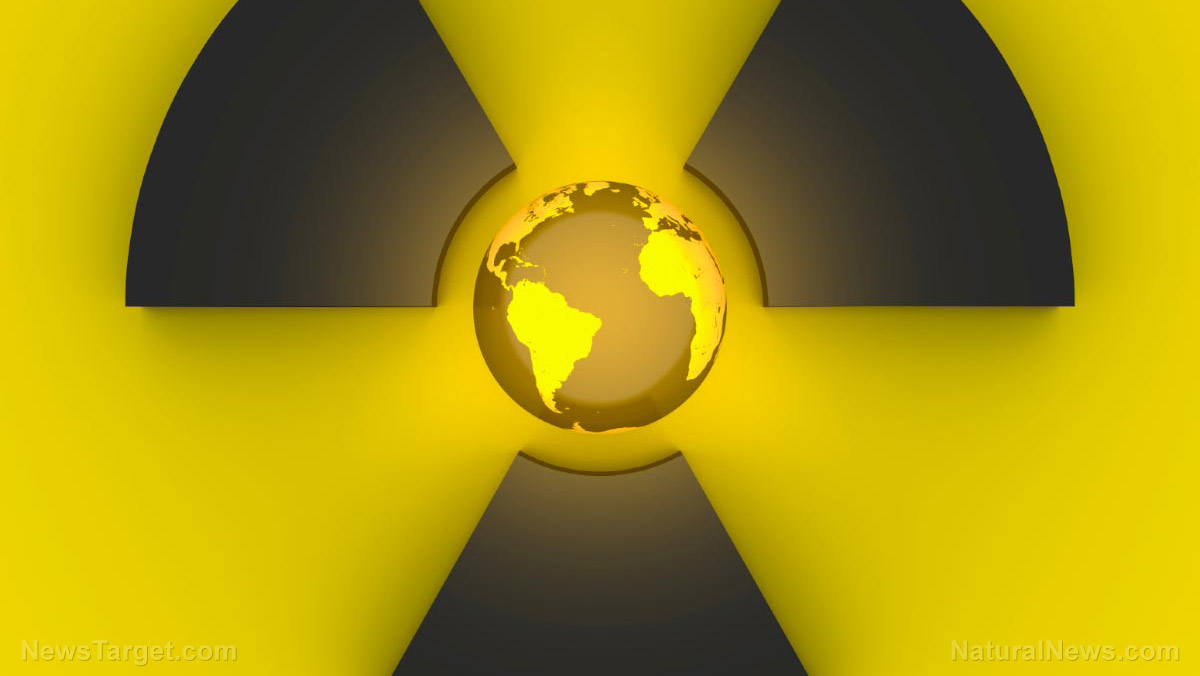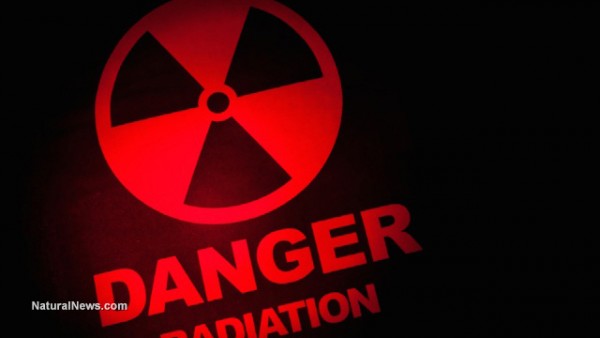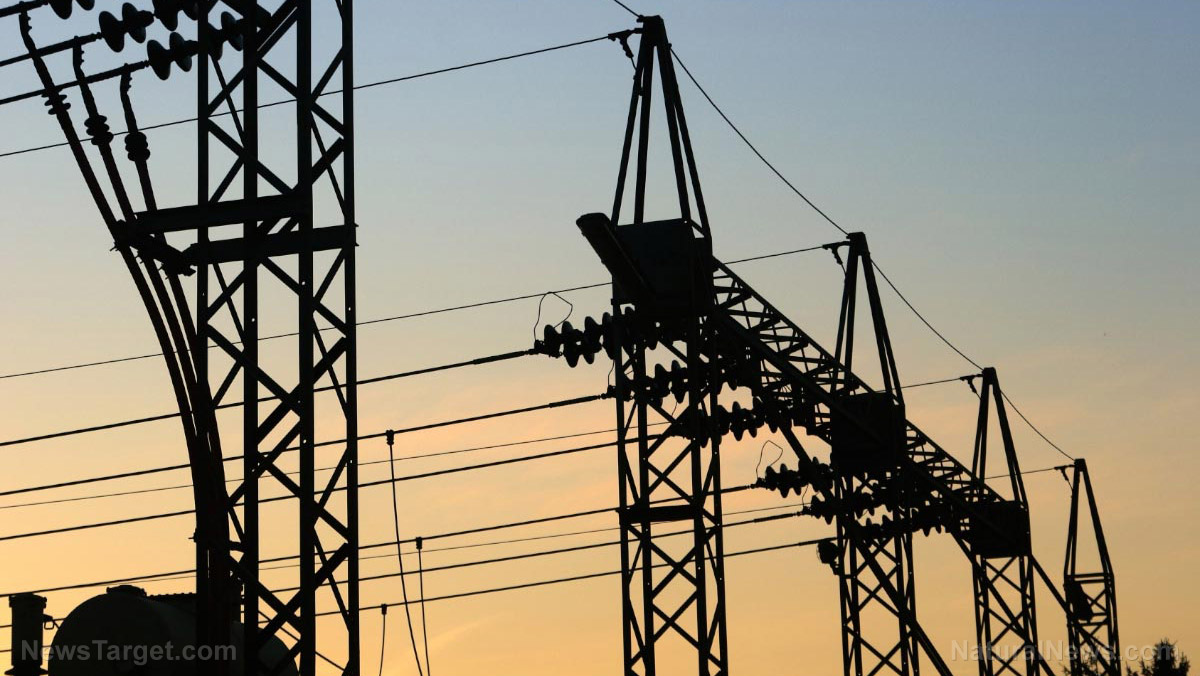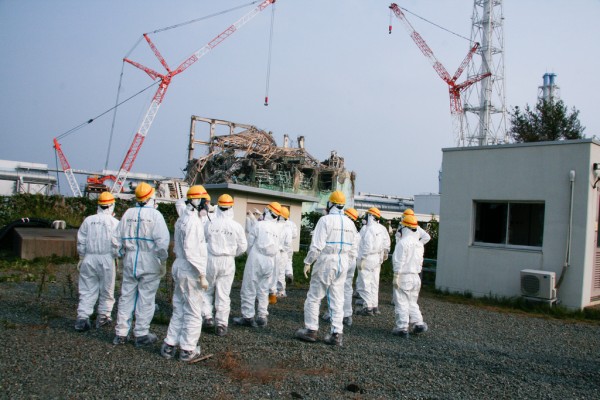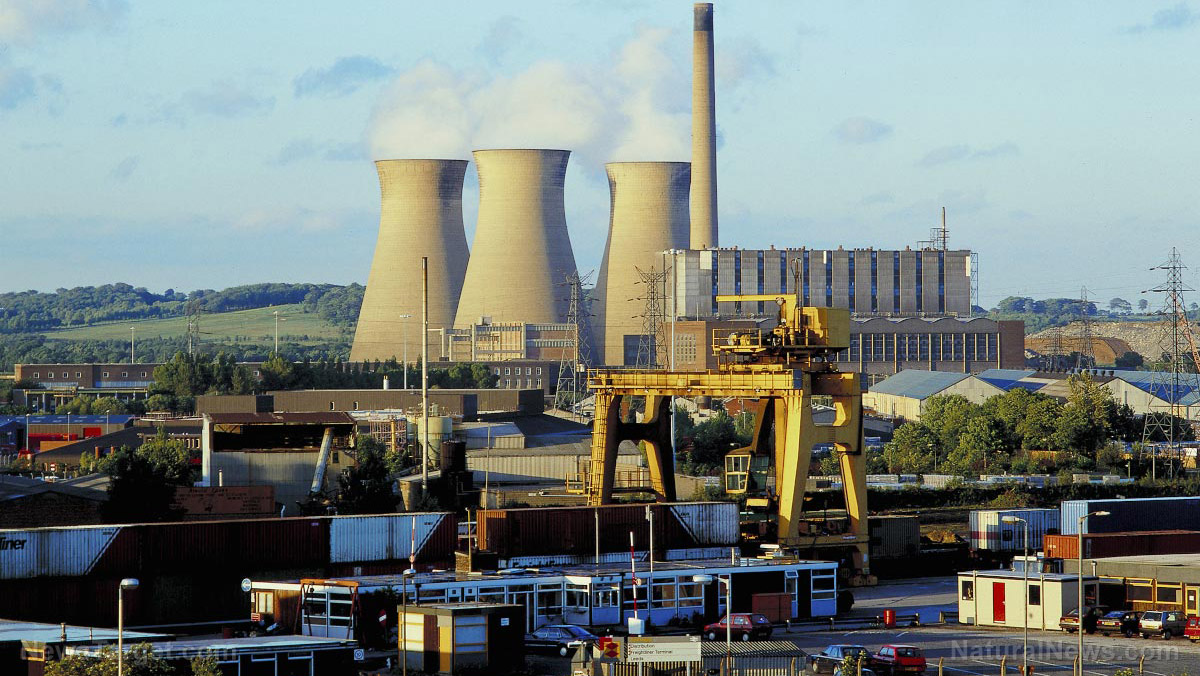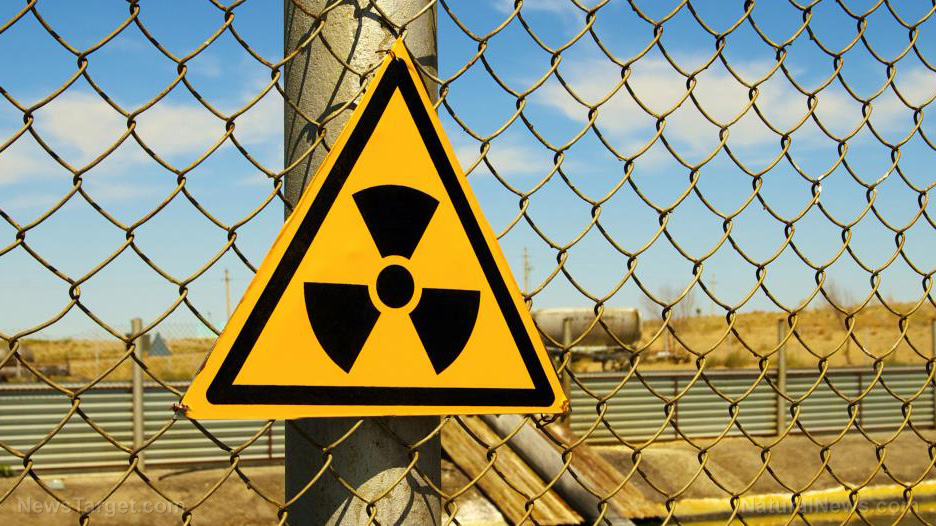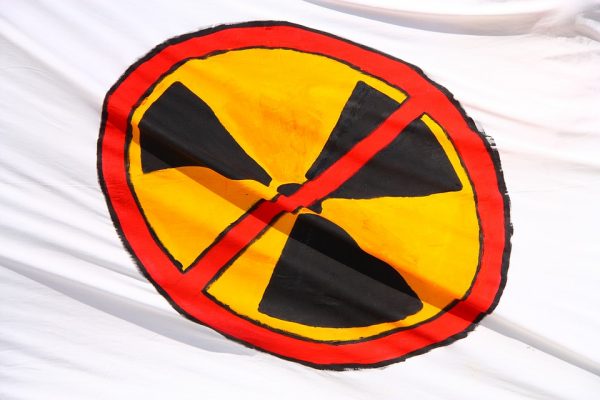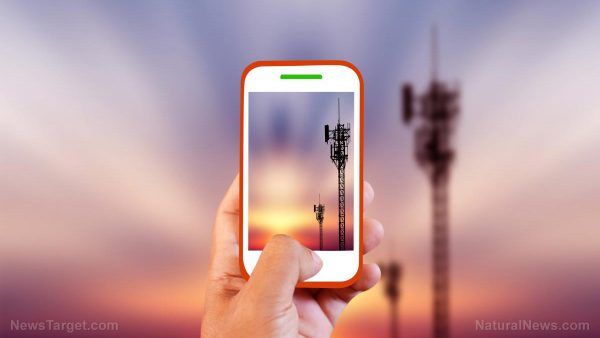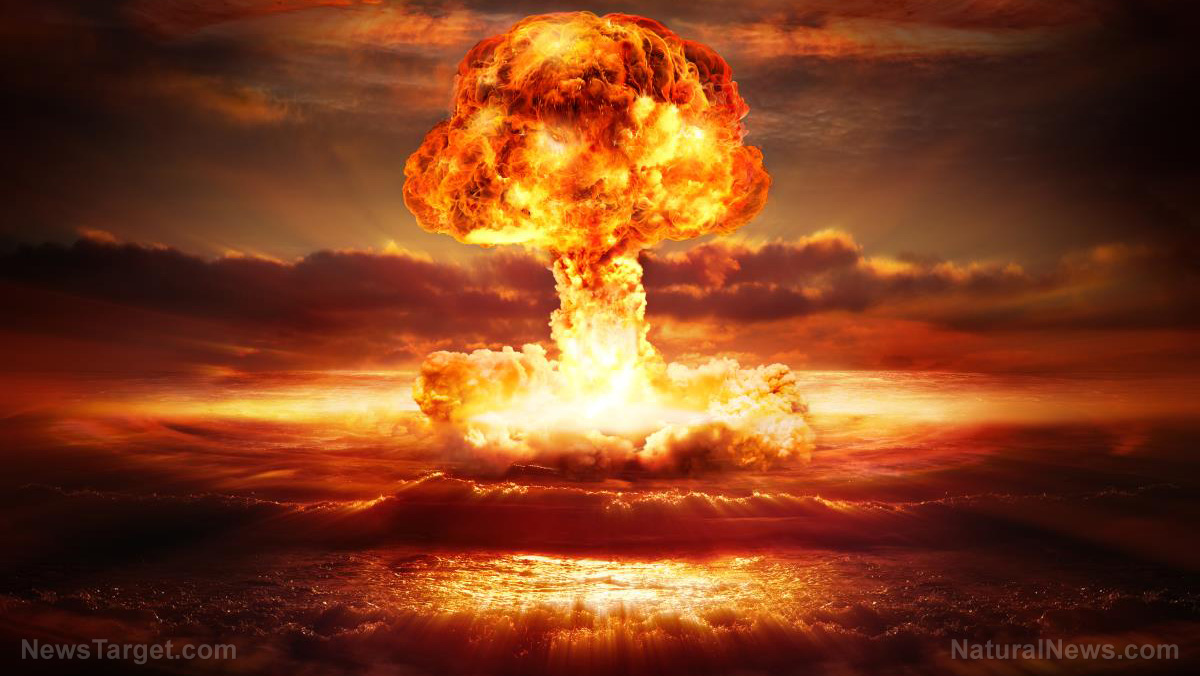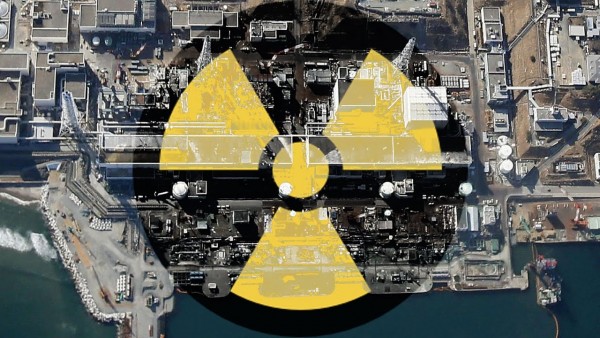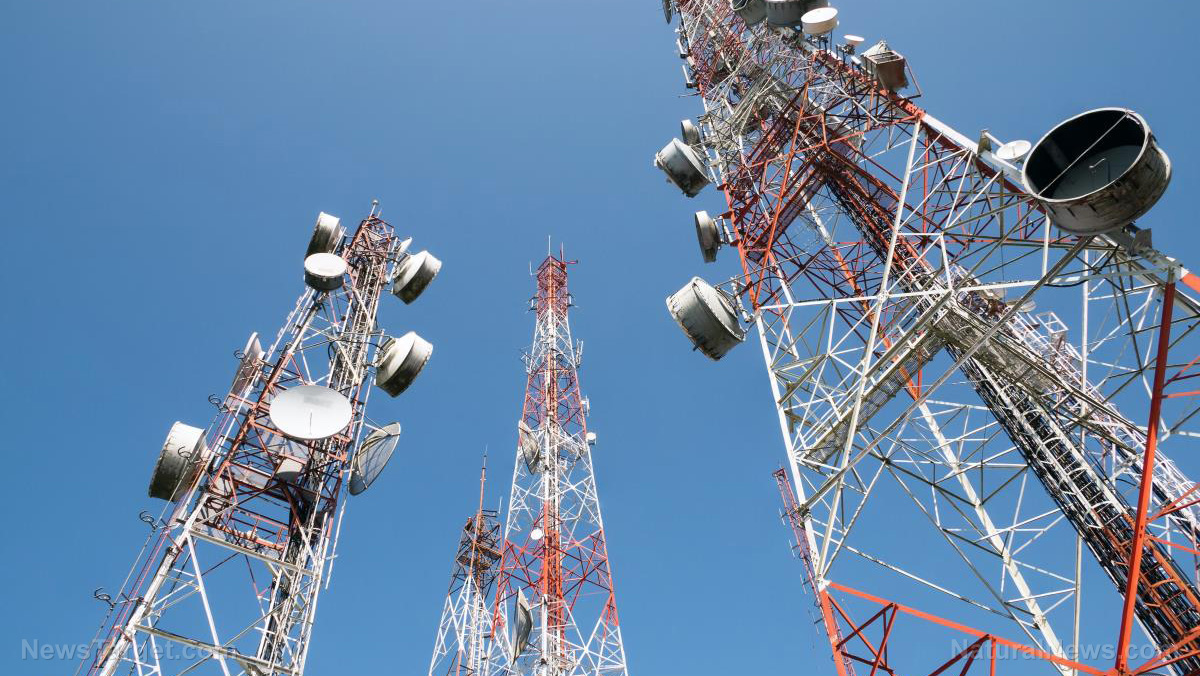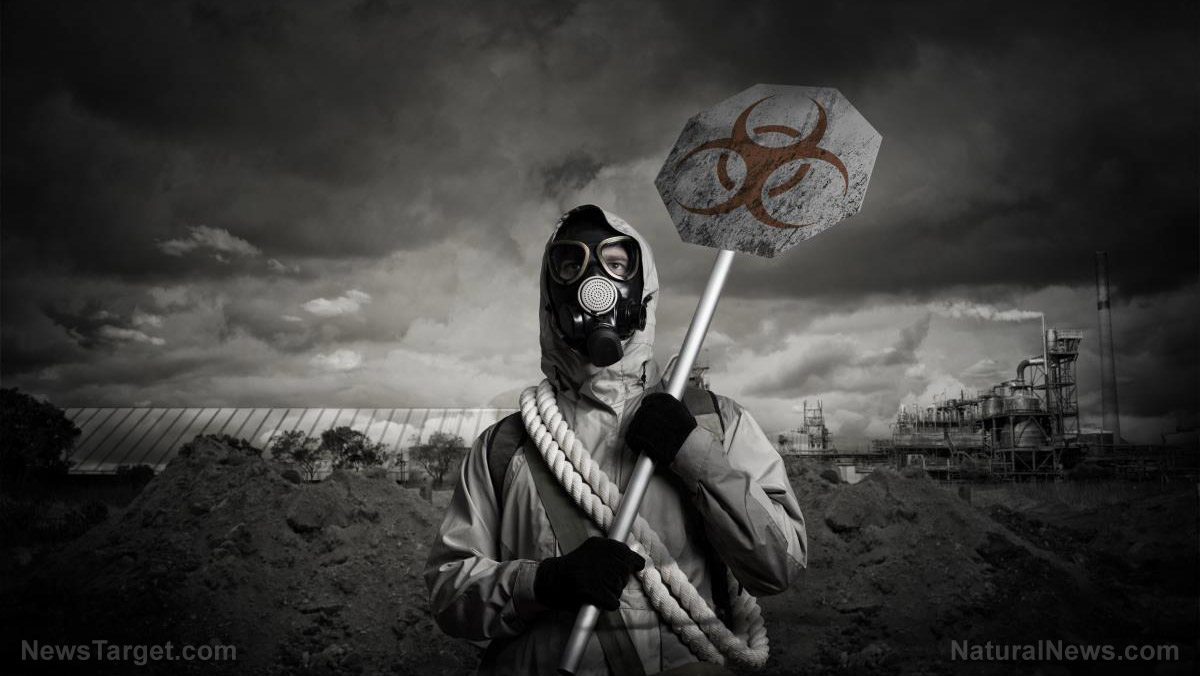As the whole world continues to cope with the realities brought forth by nuclear power and nuclear weapons, one review of the nuclear damage inflicted upon the cities of Hiroshima and Nagasaki puts the spotlight on just how dangerous they truly are. Written by Eiichiro Ochiai, a Japanese researcher from the University of Tokyo, and published by the Center for Research on Globalization, the review focuses on the devastating effects of nuclear weapons and radiation, and calls out for nations of the world to ban them entirely.
According to Ochiai, it’s quite strange how it’s taking the world so long to realize that relying on nuclear technology can only be disastrous in the long run. “The dangers of nuclear arsenals are obvious,” he says, “and yet it took more than half a century to establish the nuclear weapon ban treaty (NWBT).” The dangers of nuclear arsenals are ever-increasing, and it may well be as Ochiai says later in his review: “The creation of this weapon is one of the gravest mistakes Homo sapiens has made.”
To get to the heart of Ochiai’s argument for the ban of the use of nuclear weapons, it’s important to understand the major effects of resulting nuclear explosions. The two visible and perhaps most recognizable effects of nuclear explosions are tremendous amounts of heat and powerful wind blasts. These are the things you normally see when nuclear blasts are depicted in media: A bright flash of light suddenly appears in the distance, basically created out of thin air, and a mushroom cloud forms right on top of it as a fatal blast of wind rushes outward in all directions to carry the heat produced.
Another effect that is associated with nuclear blasts is radiation, which comes from the nuclear fission reaction that causes the explosion in the first place. It is said that with a high enough level of radiation, it’s possible for people to die instantly. Current estimates show that a radiation dose higher than 10 sieverts can instantly kill a person. Evidently, that was the case with all people located within one kilometer from the hypocenter of the nuclear explosions that happened in Japan. Those who managed to somehow survive the explosions and the ensuing high-dose radiation still suffered ill effects. And they were even branded for life: They were afterwards referred to as “hibakusha” or the survivors of the atomic explosions.
Despite being able to survive the explosion and radiation, however, there was something else that affected the victims of the Hiroshima and Nagasaki blasts that Ochiai rightly pointed out: It even affected those who weren’t there when the nuclear bombs exploded. And that is the nuclear fallout, which is said to be “the major factor causing death and the ill effects on the people who came into Hiroshima and Nagasaki a few days after the explosion.” Indeed, the fallout was so bad that people who were not exposed to radiation from the nuclear explosion still got their dose from fallout-induced radiation.
Fallout is referred to simply as a substance that could get into the human body by way of breathing or by consuming contaminated foods and water. Although numerous people were able to survive after the explosion, the fallout affected them in other ways. Notably, the majority of the hibakusha fell victim to many ill effects afterwards, including cancer, and the fallout is being pointed at as the direct cause.
As a final negative consequence, Ochiai points out that there still isn’t a proper and fully-working way of disposing nuclear radioactive waste. As such, the radioactivity affects not just humans but also any nearby chemical substances. He concludes his review by saying that mankind could do without nuclear energy and should rely on renewable natural energy sources instead. “There is no good reason for the nuclear energy,” he said, “because it is not green nor cheap, though the industry claims so.”
When you look at things from his perspective, you’ll see that it makes sense. Now if only those countries with actual nuclear arsenals would listen, then perhaps they might heed his advice.
Learn more about what has happened in Fukushima through FukushimaWatch.news.
Sources include:
GlobalResearch.ca
APJJF.org

